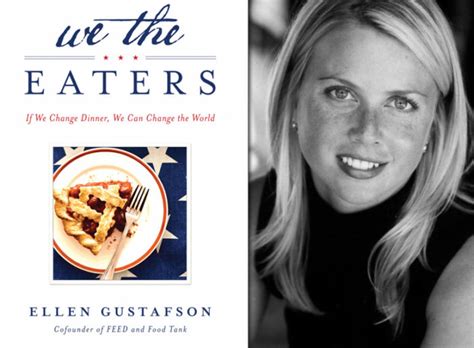A Quote by Pauline Hanson
A social problem is one that concerns the way in which people live together in one society. A racial problem is a problem which confronts two different races who live in two separate societies, even if those societies are side by side.
Related Quotes
We see that there are two different kinds of...societies: (a) parasitic societies and (b) producing societies. The former are those which live from hunting, fishing, or merely gleaning. By their economic activities they do not increase, but rather decrease, the amount of wealth in the world. The second kind of societies, producing societies, live by agricultural and pastoral activities. By these activities they seek to increase the amount of wealth in the world.
We [the USA] do have a big nation's problem. We have the problem of a nation that's got two oceans, oceans on either side. People come from all across the globe and want to live here and they want to work here and they want to invest here. And that's a good thing. And they make up this country. But as a people, we [americans] are not highly skilled in languages. We're not highly skilled in knowledge of other cultures. And that's a problem.
Free societies, which allow differences to speak and be heard, and live by intermarriage, commerce, and free migration, and democratic societies, which convert enemies into adversaries and reconcile differences without resort to violence, are societies in which the genocidal temptation is unlikely and even inconceivable.
Clipper took a relatively simple problem, encryption between two phones, and turned it into a much more complex problem, encryption between two phones but that can be decrypted by the government under certain conditions and, by making the problem that complicated, that made it very easy for subtle flaws to slip by unnoticed. I think it demonstrated that this problem is not just a tough public policy problem, but it's also a tough technical problem.
In a cross-cultural study of 173 societies (by Herbert Barry and L. M. Paxson of the University of Pittsburgh) 76 societies typically had mother and infant sharing a bed; in 42 societies they shared a room but not a bed; and in the remaining 55 societies they shared a room with a bed unspecified. There were no societies in which infants routinely slept in a separate room.
Besides justifying the transfer of wealth to kleptocrats, institutionalized religion brings two other important benefits to centralized societies. First, shared ideology or religion helps solve the problem of how unrelated individuals are to live together without killing each other—by providing them with a bond not based on kinship. Second, it gives people a motive, other than genetic self-interest, for sacrificing their lives on behalf of others.
The word translated, koan, it means a problem. But it's a very special problem. And to strip it down to the way it works, you are given a problem which has no rational solution. There is a contradiction built into it. One standard - one is this is the sound of two hands clapping. What is the sound of one hand clapping? And so on. All right, so the first thing is that it brings your rational mind to an impasse.
I don't see much future for the Americans ... it's a decayed country. And they have their racial problem, and the problem of social inequalities ... my feelings against Americanism are feelings of hatred and deep repugnance ... everything about the behaviour of American society reveals that it's half Judaised, and the other half negrified. How can one expect a State like that to hold together?
You know how it always is, every new idea, it takes a generation or two until it becomes obvious that there's no real problem. It has not yet become obvious to me that there's no real problem. I cannot define the real problem, therefore I suspect there's no real problem, but I'm not sure there's no real problem.
Scholars, who pride themselves on speaking their minds, often engage in a form of self-censorship which is called "realism." To be "realistic" in dealing with a problem is to work only among the alternatives which the most powerful in society put forth. It is as if we are all confined to a, b, c, or d in the multiple choice test, when we know there is another possible answer. American society, although it has more freedom of expression than most societies in the world, thus sets limits beyond which respectable people are not supposed to think or speak.


































